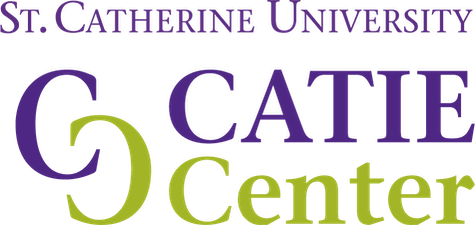2021 GTC Activities
The Graduation to Certification project has multiple elements intended to support recent Interpreter Education Program graduates who are on a professional journey to competence, including earning certification, and to help us learn about effective practices to share with the field.
An Opportunity for a No Cost NIC Interview & Performance Exam
For IEP Grads between May 2019 and December 2020
The CATIE Center, supported by a grant from US Department of Education, Rehabilitation Services Administration, (#H160C160001) is looking for 30 recent graduates from IEP baccalaureate programs who are interested in taking the NIC Interview and Performance Exam at no cost to them in June 2021. Additionally, you will take other assessments including the ASLPI (ASL Proficiency Interview), also at no cost. By participating, you will help us better understand the preparedness of graduates from baccalaureate IEP programs as well as the effectiveness of curriculum resources the CATIE Center has developed through this grant.
Applications are now closed.
GTC Journey Track
Designed for self-starters, participants in this track will access resources from the Graduation to Certification program to move on a self-directed journey from graduation to certification. This track offers great flexibility and rewards, regardless of your location, where you are on your path, and your timeline for certification. It is ideal for novice interpreters who would like to work at their own pace.
In 2021, we will be offering a separate track for deaf and hearing interpreters that have a module that is released each month. Check out “What’s Included” for details.
GTC Resource Library
The Graduation to Certification project has collected videos and activities in a searchable database. Designed to support novice interpreters in their professional journey to competence, the resource library will be enhanced in 2021. If you are interested in going through a Scavenger Hunt activity to get familiar with the Resource Library, you can go through this online module.
2021 GTC Cohort
This year, the GTC cohort is collaboration with a few institutions and organizations to identify best practices to support novice interpreters in their journey from graduation to certification. The participants were selected in late fall of 2020. The cohort will be running from January through June 2021 and implementing what we have learned from previous years’ cohorts. We look forward to sharing the results of these efforts in the final half of 2021.
